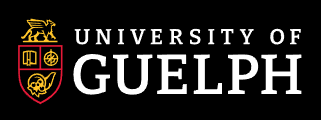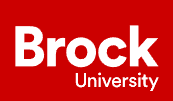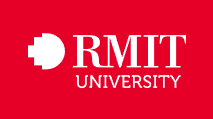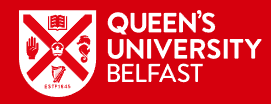Factors Influencing EFL Learners’Satisfaction in Ideological and Po-litical College English Language Courses
DOI:
https://doi.org/10.63313/IJSSEH.9017Keywords:
Ideological and Political Education, Learner Satisfaction, Influencing FactorsAbstract
In the contemporary higher education, English language courses are recognized as foundational subjects. They are entrusted with not only nurturing students' lin-guistic competencies but also integrating elements of ideological and political ed-ucation (IPE) to fulfill the essential mission of moral cultivation. This study is grounded in the practical demands of IPE in English language courses. Employing a mixed-methods approach that combines questionnaires and in-depth interviews, a comprehensive investigation was conducted involving 213 students from four majors at a university in Eastern China. The objective was to explore students' current levels of satisfaction with IPE in English language courses and to identify the underlying influencing factors. The research utilized statistical analysis tech-niques to examine the impact of personal attributes (encompassing major, and po-litical affiliation) and course implementation aspects (including teachers' ideolog-ical and political literacy, instructional design, and classroom interaction modes) on students' satisfaction with IPE in English language courses. The results reveal that teachers' ideological and political literacy, along with the relevance of the teaching content, exert a significant positive influence on student satisfaction. Furthermore, the diversity of classroom interaction strategies and students' sub-jective engagement play an indispensable positive role in their satisfaction with IPE. Notably, the study uncovered variations in expectations regarding the ideo-logical and political content of foreign language courses among students from dif-ferent majors, prompting the suggestion of differentiated teaching strategies for IPE.
References
[1] Chen, Y.J. (2021) Analysis of the Necessity of Integrating Ideological and Political Educa-tion into College English Courses. Air English, 2, 217-218.
[2] Gao, Y., et al. (2020) Cultural Content Integration in College English Teaching. Journal of Educational Research, 45, 123-135.
[3] Huang, M. (2021) Curriculum Resources and Instructional Design in Foreign Language Ed-ucation. Modern Language Journal, 38, 56-68.
[4] Li, C. and Ding, Y. (2019) Feasibility Analysis and Implementation Path of Ideological and Political Education in College English Courses. Journal of Huaibei Vocational and Technical College, 25, 45-48.
[5] Li, X. (2019) Analysis of Factors Influencing College Students' Satisfaction with Teach-ing—Taking English Teaching in 9 Universities in Hainan Province as an Example. The World of Survey and Research, 34, 51-56.
[6] Luo, J.H. and Zhou, S.S. (2022) Analysis of Factors Related to Students' Perception of "Cur-riculum Ideology and Politics" in University Classrooms. Economist, 2, 216-217.
[7] Wang, W. and Xiao, L.H. (2021) The Predicament and Path of Ideological and Political Construction in Primary and Secondary School Foreign Language Courses. Educational Theory and Practice, 15, 89-92.
[8] Wang, Y.C. (2020) Research on the Construction of Ideological and Political Education in College English Teaching. Wencun Yuekan, 28, 62-63.
[9] Wang, Y.Y. (2021) The Joy and Worry of Ideological and Political Education in College English Courses—A Survey and Research on the Current Situation of Ideological and Polit-ical Teaching in College English Courses at Vocational Colleges. Wenyuan (High School Edi-tion), 2, 3303-3304.
[10] Zuo, H.X. (2020) Analysis of Integrating Ideological and Political Education into College English Teaching. Times Figures, 5, 78-81.
Downloads
Published
Issue
Section
License
Copyright (c) 2025 by author(s) and Erytis Publishing Limited.

This work is licensed under a Creative Commons Attribution 4.0 International License.





















